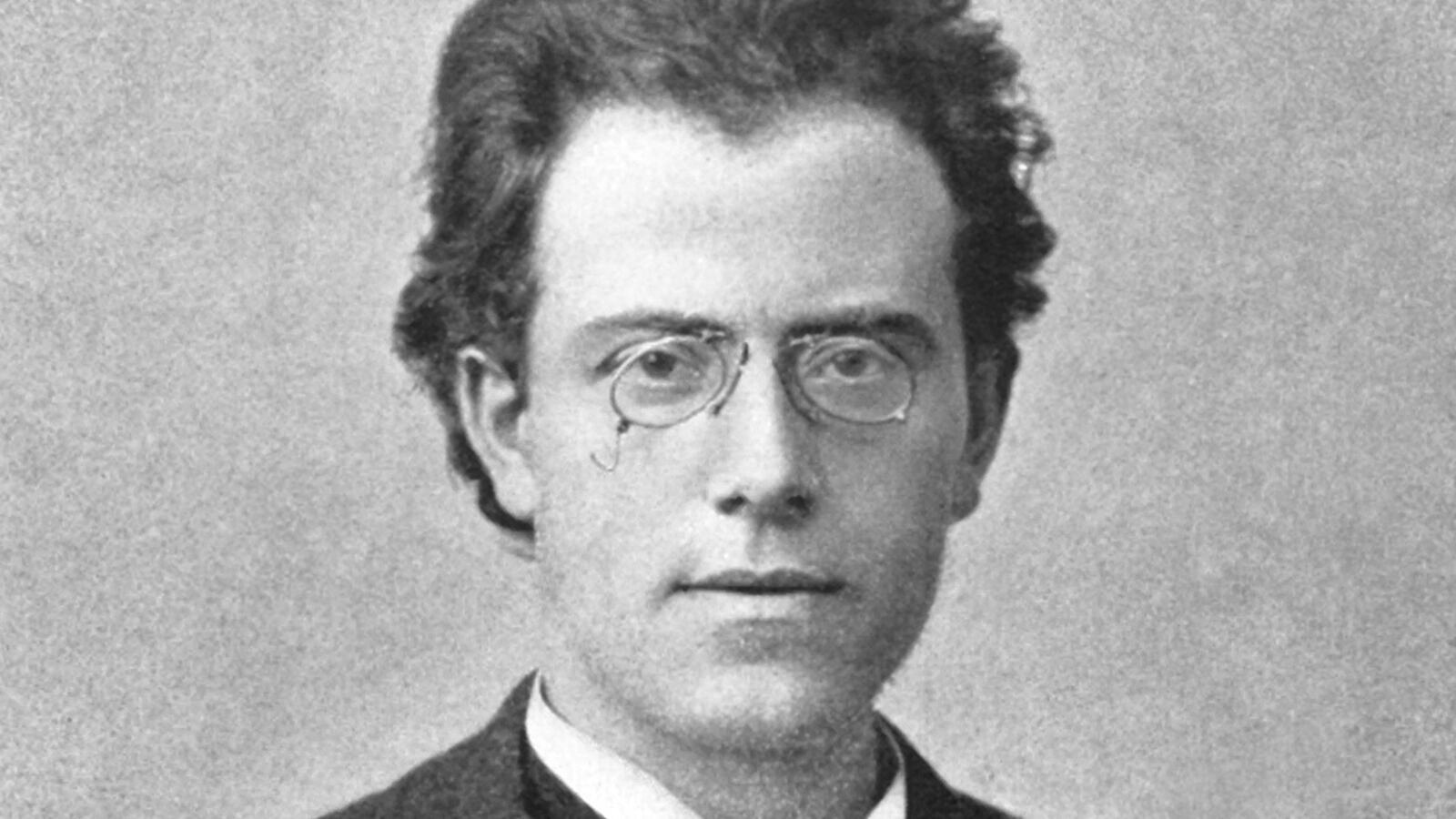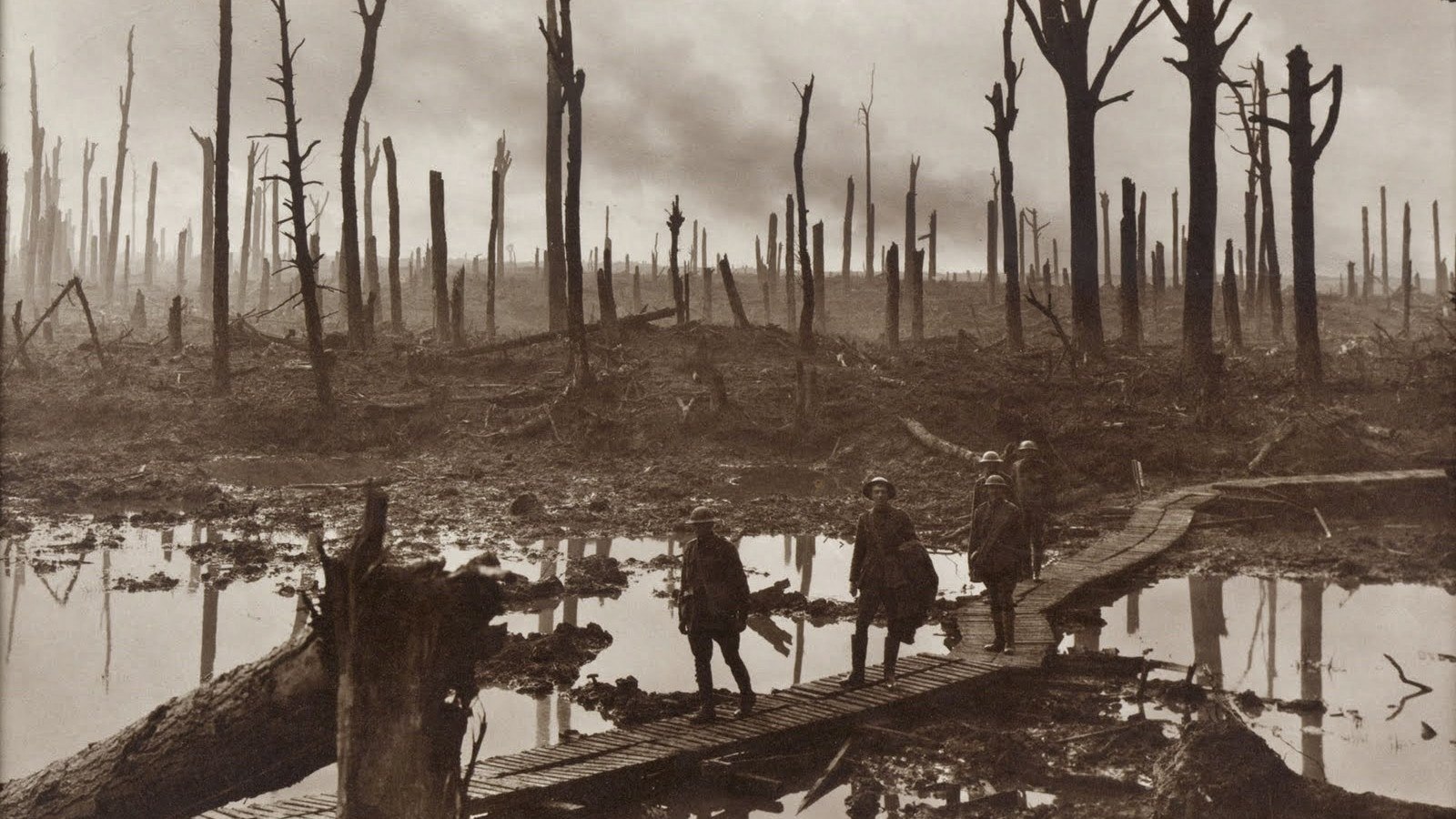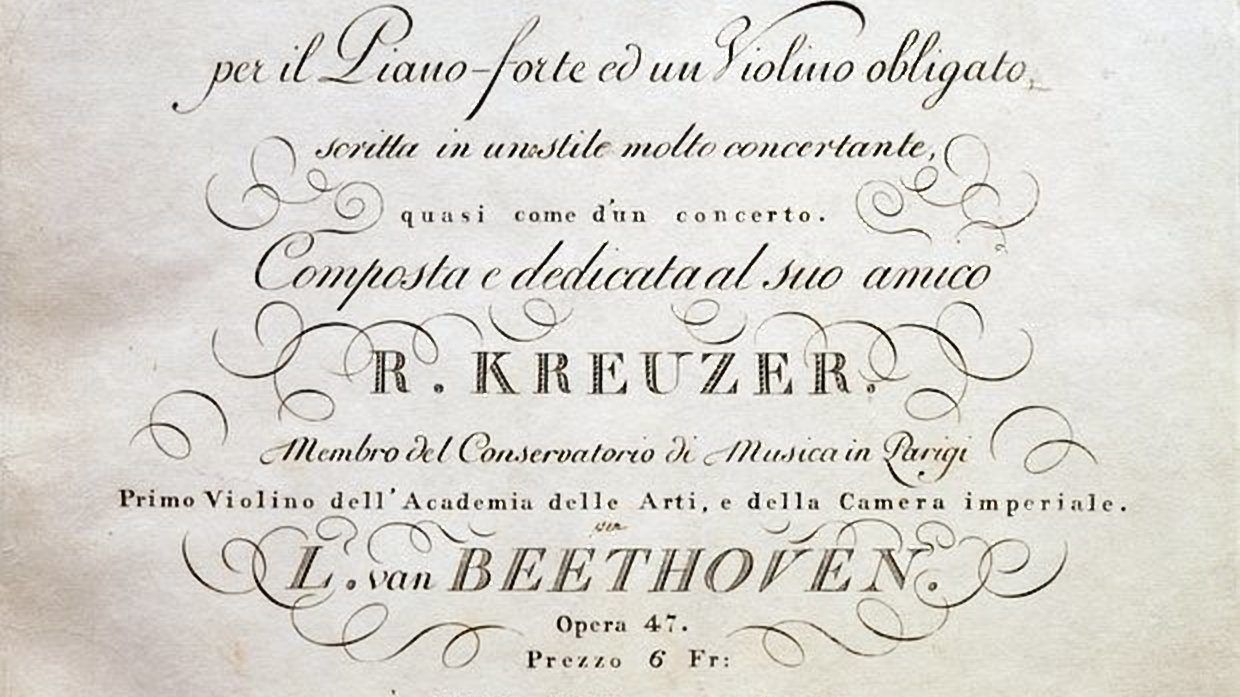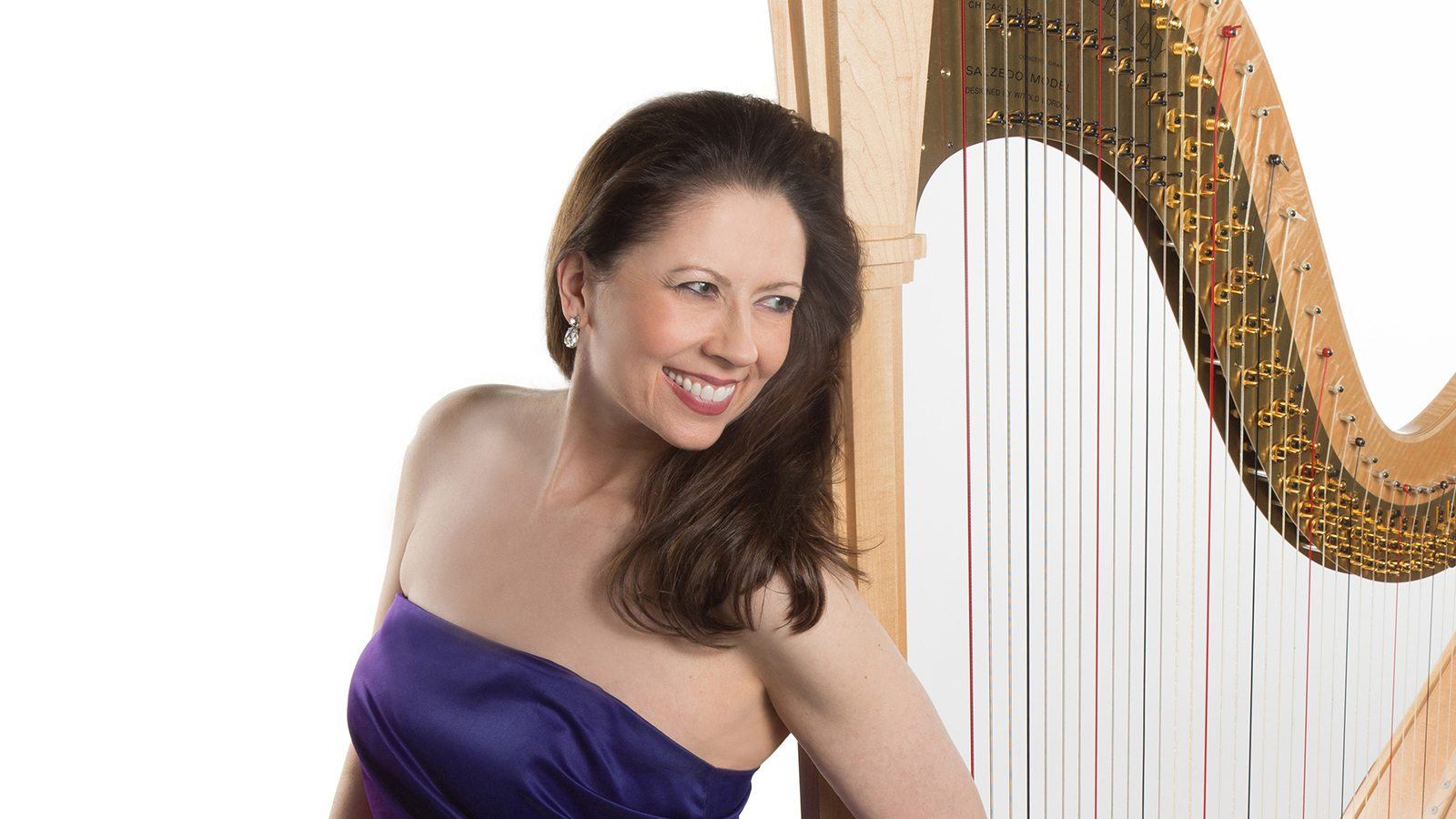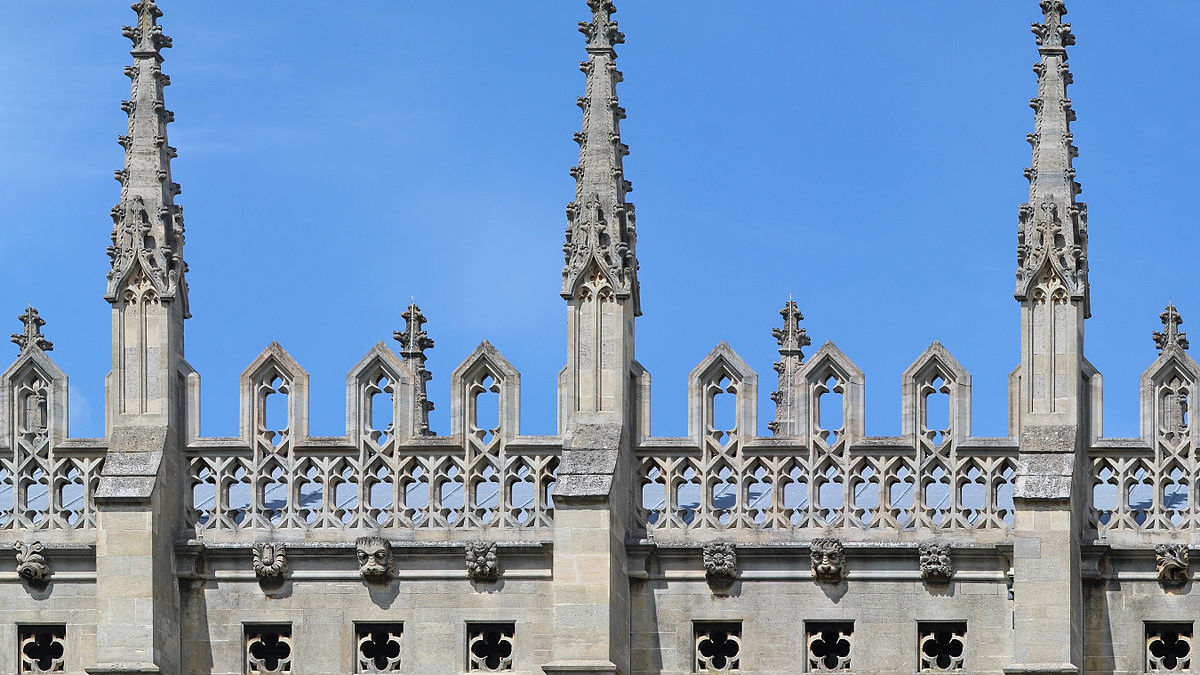Fritz Kreisler Plays “La Gitana”: 1938 Recording
Over the past few days, I haven’t been able to stop listening to this brief 1938 recording of the great Austrian-born violinist, Fritz Kreisler (1875-1962). There is something deeply alluring about Kreisler’s playing. Listen carefully to the distinct quality of his sound, with its warm soulfulness and far-off nostalgia. Also, notice the elegant phrasing and the way one note moves to another. Kreisler was fond of writing short pieces which imitated the …


